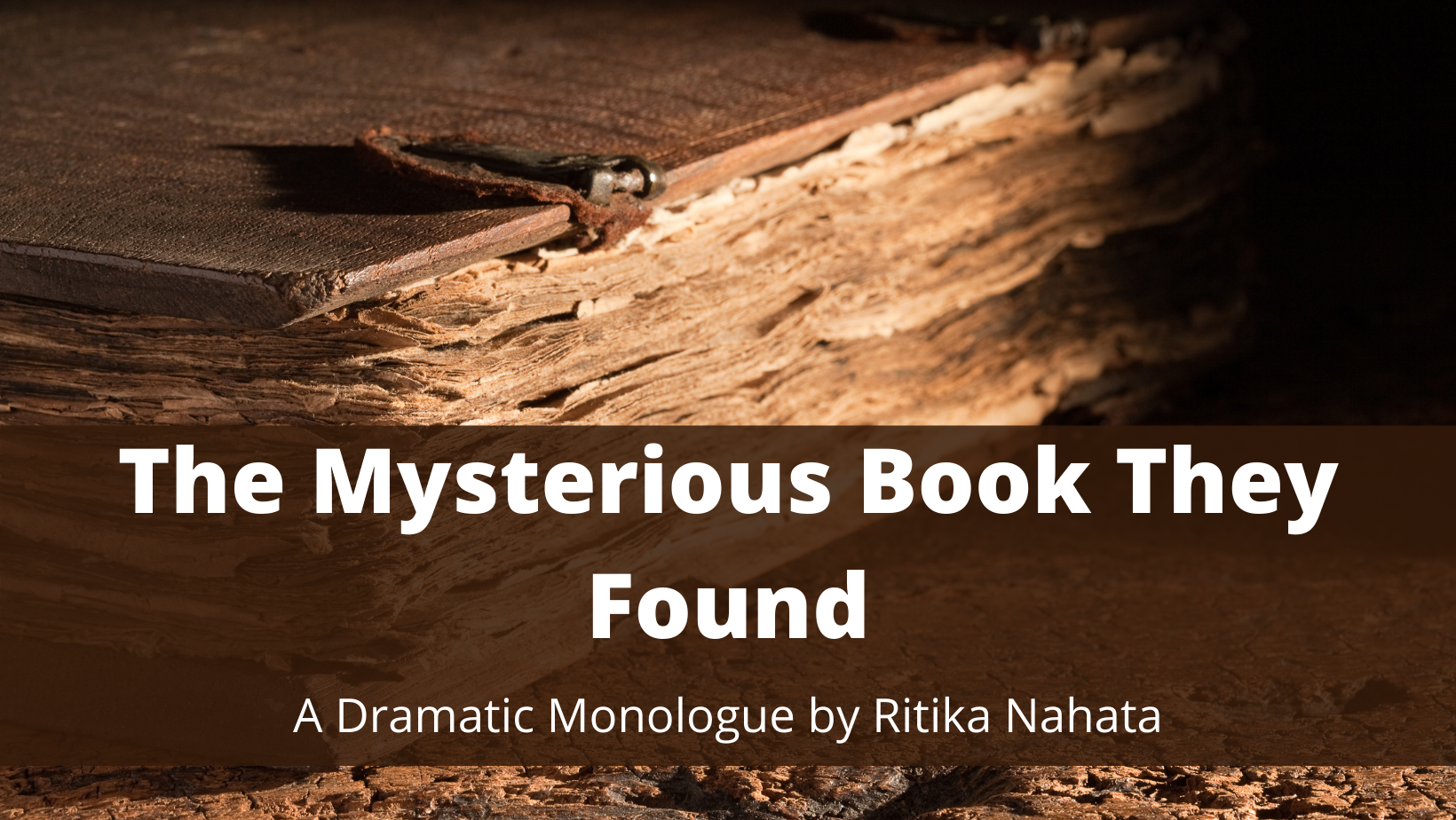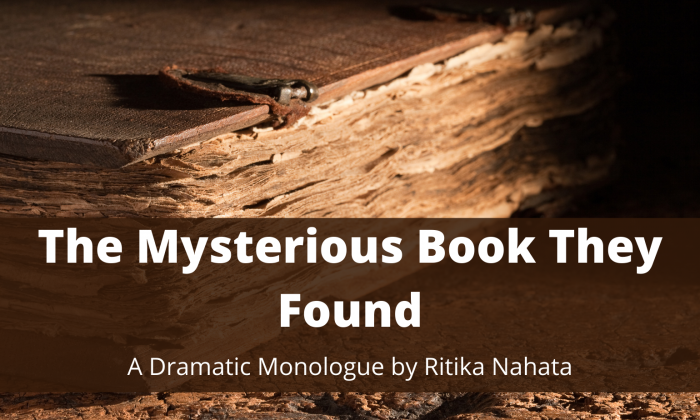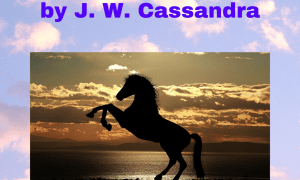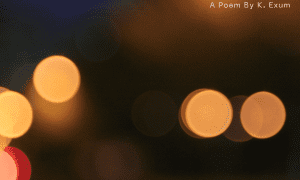The Mysterious Book They Found – The Poem
In the news and all around,
I get to hear this sound,
of a story doing rounds
about a mysterious book they found.
One of the biggest discovery, they say
that would solve the questions’ array
about humans, earth, space, and milky-way;
the questions that are unsolved till day.
The script belongs to the Mughal’s era, historians confirm
the language to which it belongs, they are yet to affirm
still unable to decode the script, fonts, and the terms;
but trying to get the gist through the diagrams.
It seems the discovery is a divine miracle,
that could save our species from the debacle,
could also make us possibly immortal,
but to understand it they need an oracle.
I got a look of the book on a news show,
whose writer, script and text are a mystery though,
they look familiar and I think I know,
but to recall completely, my memory is slow.

Some years back, a kid saw her mother’s doctoral thesis,
a research about different kind of species,
her mother was her idol, Oh Jesus,
she imitated her on all premises.
Despite the fact that her age was ten,
she’d barely started to hold the pen,
‘dyslexic’, as she was called by the wise men,
she made weird fonts and images then.
One fine day, when sky was clear,
her grandfather, an antique dealer
gave her a box of ink and wooden pen – a souvenir,
belonging to the yesteryears.
She was so fond of that pen of wood,
imitated her mother’s book as closest she could
in front of her friends, expecting praise she stood,
instead became a victim of their laughterhood.
Won’t tell others, but I know this time around;
the book, whose stories are doing rounds,
scared I’d buried under the ground,
is the same mysterious book they’ve found.
What is a ‘Dramatic Monologue’?
Dramatic Monologue is a type of poetry written in the form of a speech of an individual character. This might be called a “closet soliloquy”, a long poem spoken by a character who often unwittingly reveals their hidden feelings over the course of the poem.
The “I” of the dramatic monologue is usually very distinct from the “I” of the poet’s persona.
How to write a dramatic monologue?
Follow these steps:
- Think of a character.
- Visualize his or her character traits, personality, strong and weak points, looks, age, profession, etc.
- Figure out a storyline or the point you want to convey through the poem.
- Write the poem using other poetic forms and devices. Remember to write it in ‘first person’.
- Use compelling language and put your point strongly, giving the readers a reason to think.
- Make good use of rhythm, rhyme, imagery, repetitions, etc.
- The ending of the poem must give the readers a strong reason to think. (Tip: try open endings)
About the poem – The Mysterious Book They Found
This poem is a dramatic monologue, where the poet begins by describing news that she heard about a mystery book. The book is said to be a huge find that might contain secrets about humans, other species, and the universe (as claimed by historians and scientists). The speaker has seen the book on TV. She thinks she knows it but isn’t very clear as to ‘how’ (giving hint for the first time that she doesn’t possess the strongest of minds).
The second part of the poem is a flashback, the speaker refers to her as a child as ‘a kid’ and ‘she’. She remembers how genius her mother was (a doctorate holder), and she was her idol. She wanted to be like her mother but she was a ‘dyslexic’. Maybe that made her a victim of bully by other children. So one chance when she could prove herself, she wrote a book, which she tried to exactly imitate her mother’s doctoral thesis. But due to her mental state, she did not know how to write despite being ten. They barely made strange fonts. So when she finished her book she went to her friends, hoping they would praise her for the marvel she had created. But instead, they laughed at her as everything in the book was meaningless.
So she was so sad and scared that she buried the book in the ground. And now she remembers that it is the same book that these people have found. But she is still scared about the bully and laughter, she chooses not to tell the truth to anyone.
Moral: Not all that we hear and read about from the most authentic sources is the correct information. Despite, it being incorrect, it may not be ill-intentioned. This innocent girl is just scared, to tell the truth to the world; just because she thinks the world will laugh at her.
P.S.: Within the confinements of your rigidity, just try and be open to all possibilities.
To learn about more poetic forms and devices click here.









Amazing?
A child has his/her own world, may be more complex and more fascinating than ours. Who knows because we seem to forget our yesteryears as we grow older. Knowing a child is not a child’s play. Reading this poem was somewhat like traveling back in time.
Feels great to see that someone is still in touch with her innocence despite having faced this insolent world for more than three decades.
https://polldaddy.com/js/rating/rating.js
Thank you so much for the appreciation…
Doesn’t seem you ever were dyslexic.
But a great thought about our perceivience of truth.
Finally, I get to quote my favorite line:
Leonardo DiCaprio once said: “Don’t think for a moment that I’m really like any of the characters I’ve played. I’m not. That’s why it’s called ‘acting’.”
Here’s my version: “Don’t think for a moment that I’m really like any of the characters I’ve written or will ever write. I’m not. That’s why writing called ‘art’.” 😛
Your version of DiCaprio’s quote is your view of yourself. But, if you look from my angle, each and every writing and characters you make is a reflection of what you are, deep down inside.
Beautifully expressed.
Moral ❤
I definitely want to try this.
The poem is exciting to read. The first part recalled in me my bibliophil aspect, the second one the defencelessness of a child. And their best solutions. Children always are inventive. And the most important message is for me, that the defencelessness lasts for the adulthood even, it doesn’t come to an end with reaching a more ripen age. Maybe, because we humans are social beings and the roots of fear hang on too deep in the human soul. Great poem, thank you for sharing it. 😍😊
So beautifully written!
Loved the poem:)